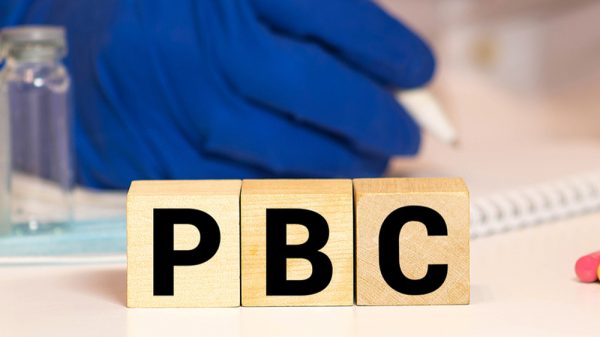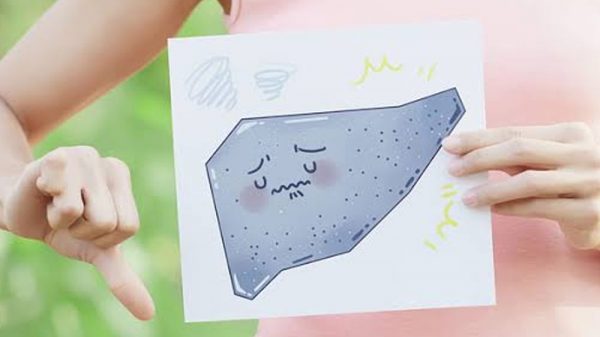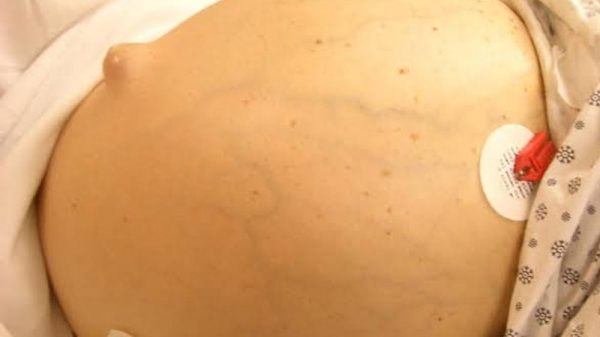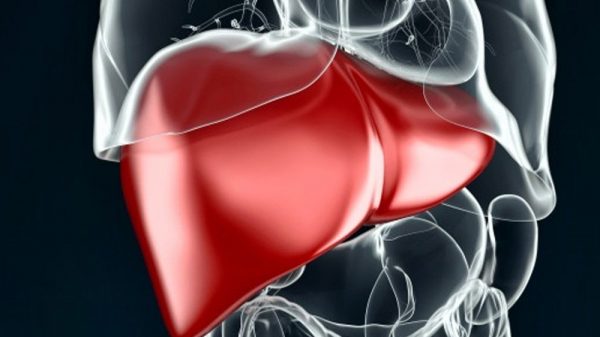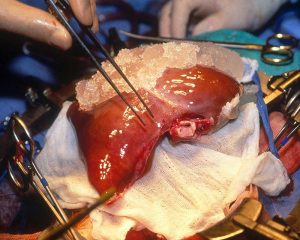Have you been diagnosed with acute hepatic encephalopathy? AHE is a condition in which liver disease causes brain damage. The liver is a vital organ. People often consider alcohol consumption as the main cause of liver disease. In fact, up to 15% of heavy alcohol drinkers can get this health condition. However, there are also types of non-alcohol liver diseases that can also become serious and lead to liver scarring (cirrhosis). So it’s important to get a check-up and tests run if you think you might have liver disease. It’s critical not only to get diagnosed but also to take steps to prevent the condition from developing into later stages. There’s a total of 4 stages of liver disease.
There are different treatment options for patients who have AHE. Your doctor can help pick the best option for you based on your situation. Certain treatments include diet changes, prescription medicines, and in severe cases liver transplant. There are various holistic (whole-body) options available that don’t include prescription medicines or surgery. While these can be effective they’ll be less so if the conditions are more serious. This is why it’s critical and treat AHE as soon as possible. Sometimes this can help to prevent the condition from becoming more severe. If that happens you can reduce how fast the disease progresses.
What Exactly Is Acute Hepatic Encephalopathy?
AHE is one of the various symptoms you have experience if you have AHE. This condition form brain malfunction results from serious liver disease. It results when the bloodstream experiences toxic buildup. This can develop into brain damage.
The two main types of AHE are short-term (acute) and long-term (chronic). This condition can become very serious and result in patients going into a coma. If that happens it’s a severe case and should involve major treatments.
The acute variety of this condition is one of the different ones. It results from serious liver disease. There are various causes including different kinds of hepatitis. Another common cause is a rare/serious condition known as Reye’s syndrome.
This health condition mostly takes place in children although adults can also get Reye’s syndrome. It results in conditions like liver inflammation and swelling. Those symptoms can also happen in the brain.
If you have the acute variety of hepatic encephalopathy it could also be a sign of serious liver failure. If that’s the case then it’s critical to get treatment ASAP. This condition could become terminal.
The other main type of hepatic encephalopathy is the “chronic” variety. This results in several events involving the condition during their lives. They’ll also need constant treatment in order to prevent symptoms from developing.
AHE can cause various symptoms based on liver damage’s main cause. Some symptoms/signs of this condition might include:
- Problems handwriting
- Confusion
- Personality changes
- Bad judgment
- Sweet/musty breath
- Lack of focus
- Forgetfulness
- Problems thinking
It’s also important to watch out for symptoms of severe AHE. These include
- Anxiety
- Confusion
- Drowsiness
- Fatigue
- Seizures
- Slow movements
- Shaky hands
If the symptoms get worse then it’s critical to get immediate medical help. The reason is if a person has a severe case of this condition it can result in a coma.
Acute Hepatic Encephalopathy: Best Treatments
This starts with being diagnosed with the condition. If you suspect you or someone you know has AHE it’s important to get a check-up and tests run. This can help to determine whether you not you indeed have the condition or not.
There are various kinds of tests your doctor might order including blood, imaging, and liver function tests.
These are different tests that can help to determine if you have AHE. Your doctor can explain the results to you so you’ll know where you stand in terms of the diagnoses.
There are also four stages of hepatic encephalopathy:
- Stage 0: Minimum symptoms
- Stage 1: Mild symptoms
- Stage 2: Moderate symptoms
- Stage 3: Severe symptoms
- Stage 4: Coma
It’s critical to try and prevent AHE from developing into the latter stages.
After diagnosis, there are various treatment options including:
1. Antibiotics
Sometimes these are prescribed by doctors along with a kind of synthetic sugar. The medicines can help draw out ammonia into the colon, which is made by the blood’s intestinal bacteria. Then the body removes blood in the colon.
2. Liver transplant
In the case of late-stage cirrhosis, this is the only cure that’s available for patients. It highlights the importance of monitoring/managing the earliest stages of liver disease including fatty liver disease. This can help to prevent the disease from progressing to more serious stages.
Liver transplants are very complicated procedures. They involve steps like being approved for a transplant, finding a donor, and the body possibly rejecting the new liver. However, this can also provide liver disease patients with a fresh start.
3. Avoiding some protein sources
It’s important to avoid certain high-protein sources including:
- Pork
- Poultry
- Beef
- Eggs
4. Oxygen mask
This is sometimes given in cases of breathing problems. Other options include a ventilator. In these cases, the patient’s inability to breathe can cause major issues.
Hot Tips to Prevent/Manage Liver Disease
- Only use prescription medicines if you need them
You should also make sure to use the right dosage. Another action to avoid is mixing alcohol and prescription drugs.
How about herbal supplements? You should talk to your doctor about using them. They can also cause health issues when combined with supplements/medicines you’re already taking.
- Get a hepatitis vaccine
This is a good option to help prevent getting the disease that can lead to liver disease. If you already have hepatitis then talk to your doctor about treatment options. You can also get vaccinated for Hepatitis A/B. Besides helping to prevent liver disease it can also help to avoid other health issues.
- Keep skin safe
Make sure to wear long sleeves, gloves, masks, and hats whenever you spray insecticides. You should also wear this gear if you spray other toxic chemicals. This can help to prevent them from contacting your skin, hair, lungs, etc. If you have health conditions due to contact with such aerosols then contact a skin doctor immediately.
- Avoid illegal drug use
It’s important to avoid illicit drugs altogether. There are various possible issues related to liver disease like hepatitis. Experts also warn against sharing needles, which is considered a high-risk behavior that could boost your risk of liver problems. However, it starts with avoiding illegal drugs from the get-go.
- Drink alcohol moderately
Alcohol is one of the main causes of liver disease including late-stage cirrhosis. If you’ve already been diagnosed with fatty liver or other stages of liver disease it’s a good idea to minimize or quit alcohol consumption.
Experts recommend men consume a maximum of 2 drinks per day and women up to 1 drink per day. This is an average so it’s even better if you only drink once in a blue moon to reduce the risk of acute hepatic encephalopathy.
